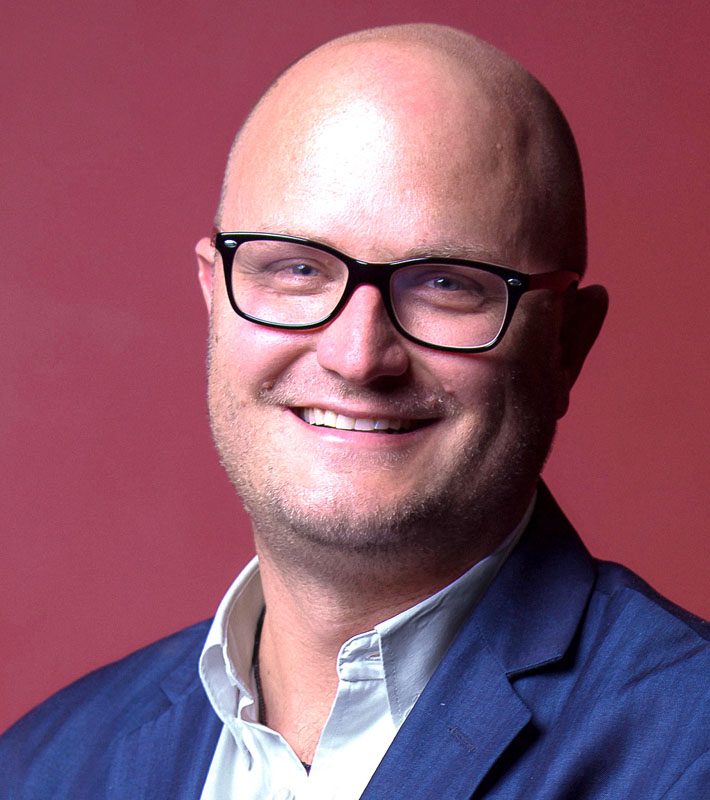Professor Lyal White: “A strong technocratic class vital for economic policy planning”
Share

If Mauritius is to emulate Singapore, it will have to rely on true leaders, as well as technocrats who can devise economic policies and implement them, observes Professor Lyal White who was recently in the country to lead an economic investigation.
Professor Lyal White, director of the Centre for Dynamics Markets of the Gordon Institute of Business Science, University of Pretoria, was in Mauritius last week to lead an economic investigation. The purpose of which was to measure the performance of the Mauritian market on the global stage. Before leaving, he commented on his findings.
He concludes that the Mauritian economy is one of the two only dynamic economies in Africa and that contrary to many of our African counterparts, we are a global player. However, he said that at this critical juncture, we have one ingredient missing: a strong technocratic class that is vital for future economic policy planning and implementation.
“I have studied a lot of materials and spoke to two of your key economists that are not part of your technocratic class as well as members of your private sector. Everybody I have met with is very concerned about the next phase of development. What are we going to do next is commonly asked. They said you moved from a monocrop agricultural economy to textile and a little bit of manufacturing. Now there is the service industry alongside the financial services. But what’s next? They say it is free port. Let us make all of Mauritius a free port. But you can’t do that. There is an obsession with following the right model. You forget about the people implementing the plans. It is as simple as this. The key ingredient is a professional technocratic class. Are the best people in the world working, thinking or executing these and working with the stakeholders? It’s all about political economy here and not about economics,” he told Business Magazine.
A strong democratic base
According to Professor White, locals tend to think that if their economic modelswere successful, it was much more due to visionary leadership rather than good economic planning. This is why Singapore is often perceived as a model since the country’s success was engineered by Lee Kwan Yew in the seventies. However, like many African countries, in Mauritius we don’t have a strong technocratic class.
“What I would like people here in Mauritius to consider is that in all of their economic models, be it Singapore, Taiwan to some degree, Costa Rica or Chile, there was a strong technocratic class. It is the technocrats around the leadership that gave some thought to the models that were going to be implemented. They gave traction and, most importantly, executed the plans in all these reforms. They were highly paid, highly educated, very professional and had no political ambition,” he points out. According to him, it is high time that Mauritius starts looking towards other models of development like those mentioned above, Costa Rica and Chile, which he thinks are more appropriate in our case.
Among the positive points were his remarks on democracy in Mauritius. He said that in his research on the island nation, he found out that the Economic Intelligence Unit of South Africa viewed Mauritius as the only true democracy in Africa.
Though many Mauritians he spoke with disagree on the matter, he truly thinks democracy is well alive and thriving in Mauritius. However, our strong democratic foundation may pose a problem in implementing economic development plans as the models we are trying to replicate were done under autocratic rule. Thus reforms could be implemented more easily than here.

















